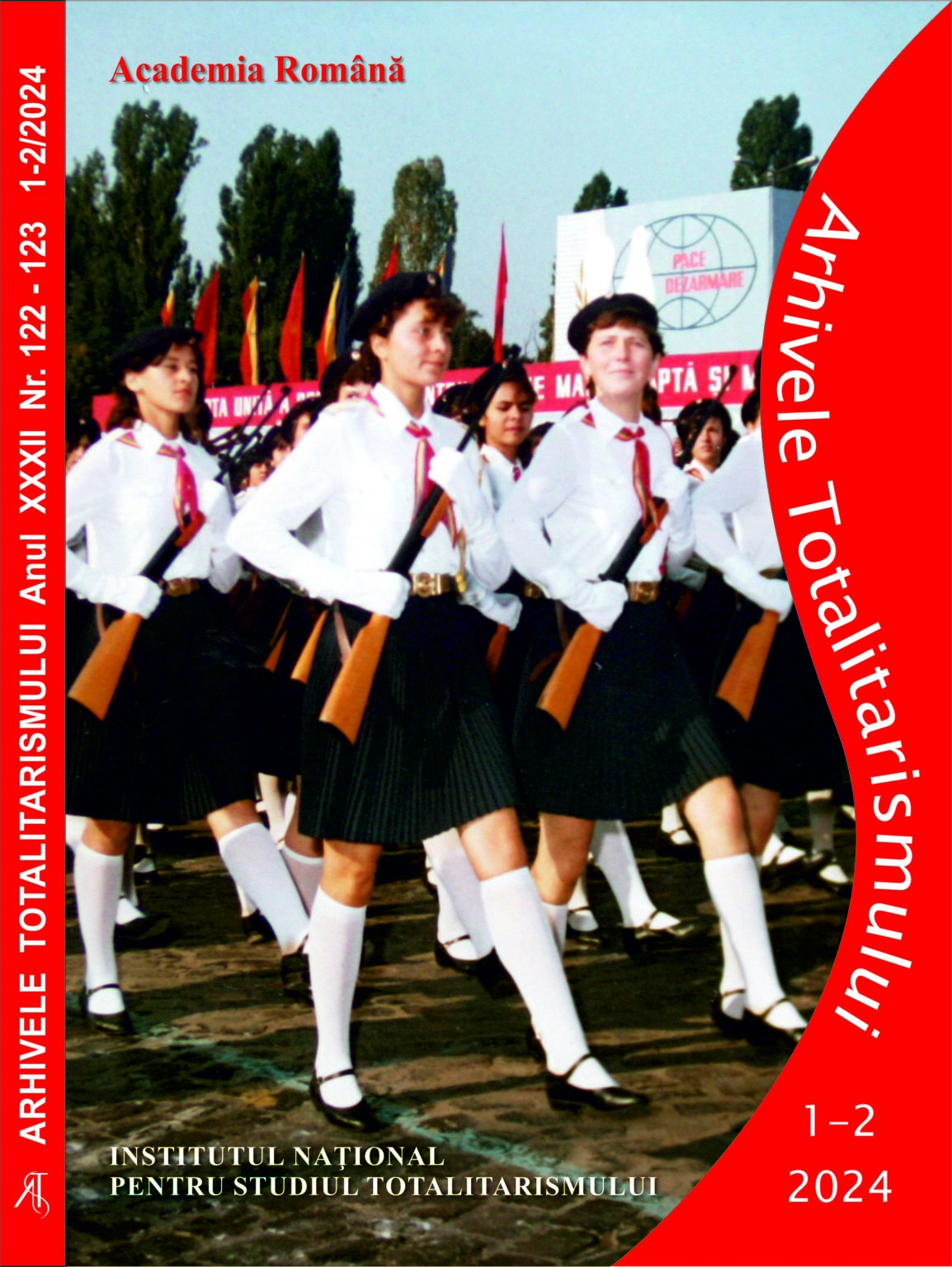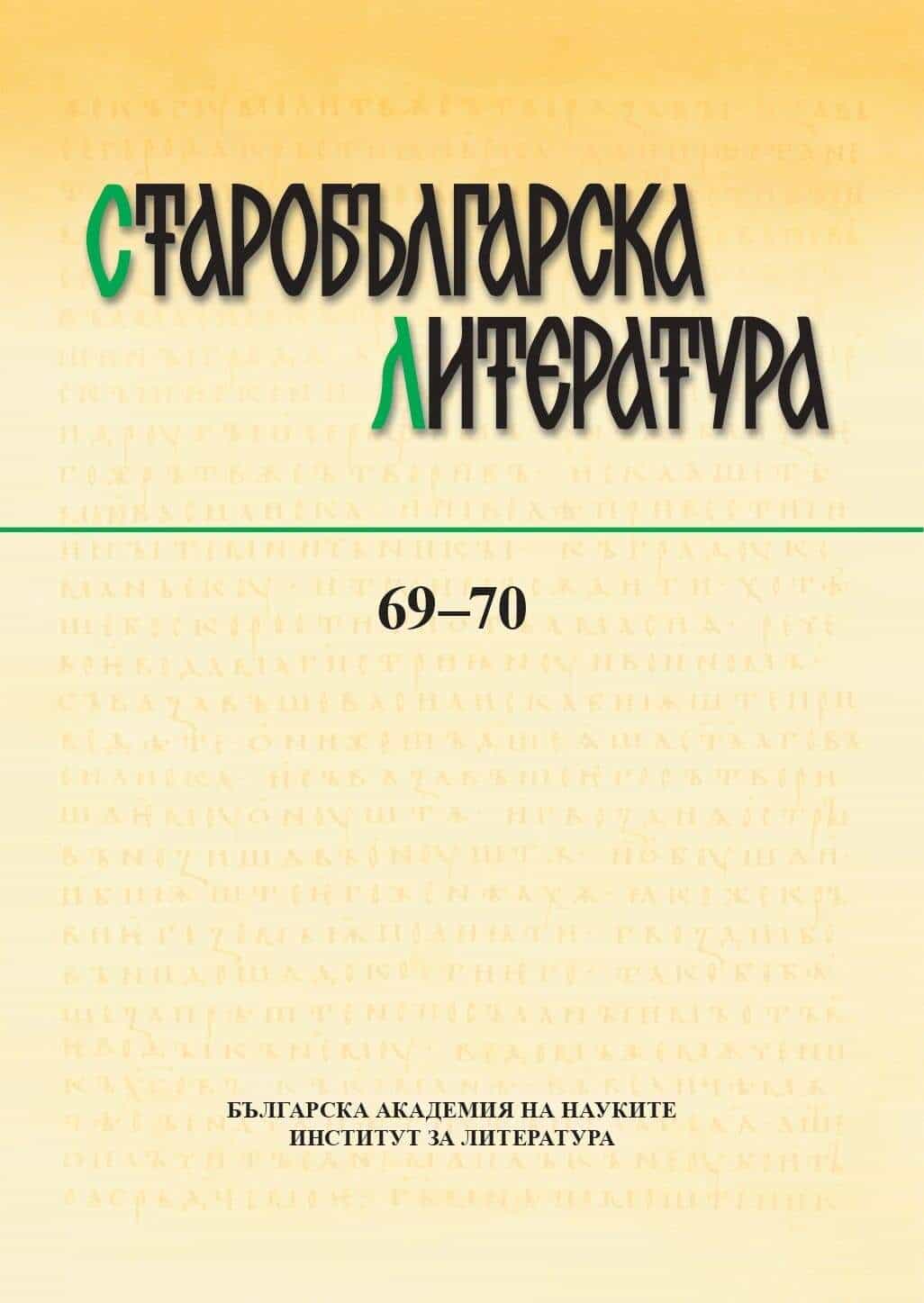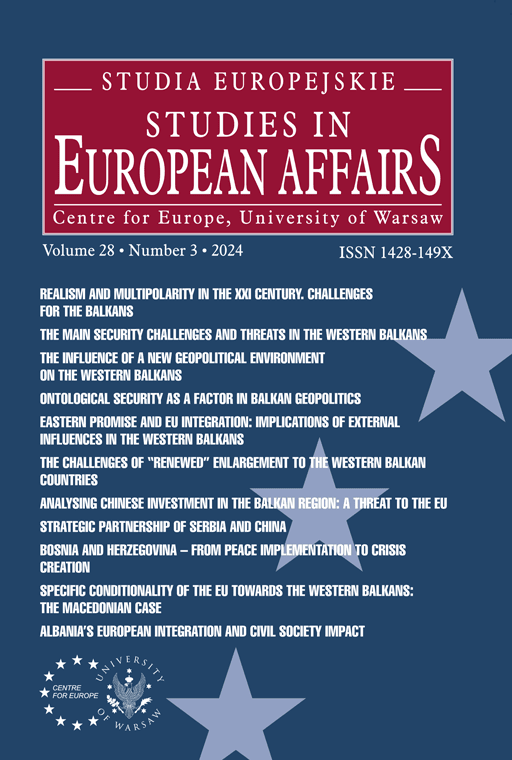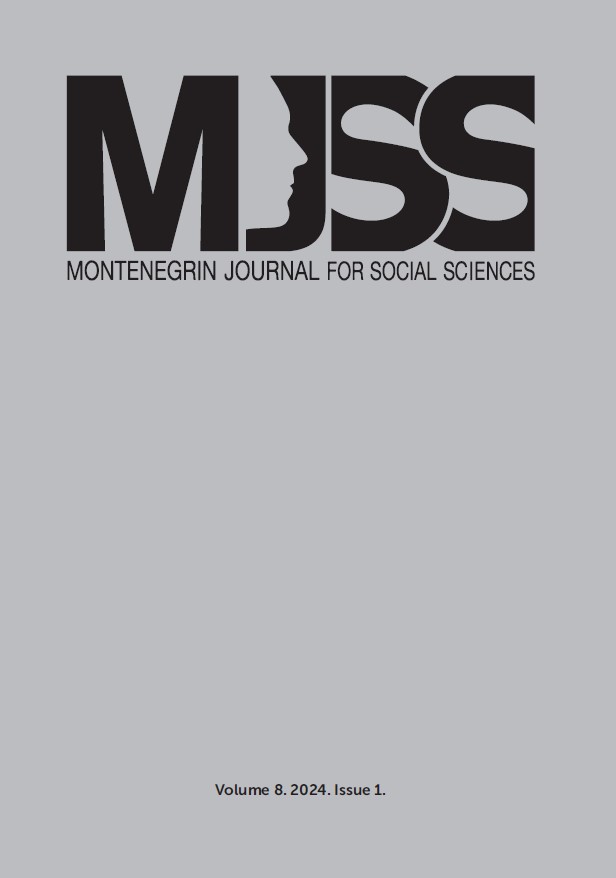
Comunişti români în Arhivele Cominternului. Noi informaţii, II
The article brings to attention some of the results of the research carried out by the author in the former Comintern Archives (now the Russian State Archives of Social-Political History / RGASPI) in Moscow, which contain thousands of files with very important documents for the knowledge of the history of contemporary Romania.Particularly interesting is the information that the author extracts from the archives of the Representation of the Romanian Communist Party to the Comintern and its correspondence with Romanian communists and political emigrants, from the fonds on the participation of Romanian volunteers in the internationalist brigades in Spain (1936-1938) or the tragic fate of leading Romanian communists and political emigrants who were executed during the Great Stalinist Terror of 1936-1938. Last but not least, documents on anti-fascist propaganda and `re-education` work among Romanian prisoners held (in 1941-1956) in NKVD camps and for their recruitment into the USSR's post-war foreign agents are brought to light.
More...



